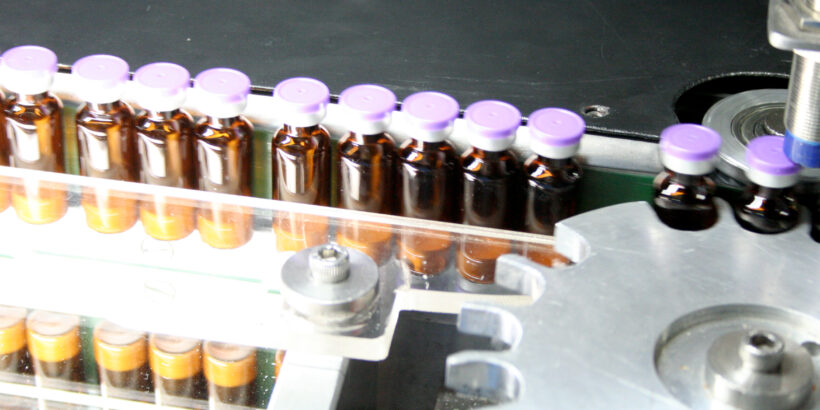Typhoid is a persistent threat to the health and well-being of millions of people living in low- and middle-income countries where the disease is endemic; there are approximately 9 million typhoid cases each year. Blood cultures, the gold standard for typhoid diagnosis, are difficult to perform and access, especially in high burden areas. While there is urgent need for improved typhoid diagnostics, typhoid conjugate vaccines (TCV) are proven, effective public health tools that can reduce the burden of typhoid in the near term.
There are currently two World Health Organization (WHO) prequalified TCVs that are eligible for introduction into routine immunization with support from Gavi, the Vaccine Alliance. However, it is important to pursue additional vaccines to ensure supply is available to meet demand and to guarantee a healthy market. One such vaccine, EuTCV, is being developed by EuBiologics.
EuTCV vaccine shows promising results
The EuTCV vaccine candidate recently underwent a Phase 2/3 clinical trial. Conducted in the Philippines with participants aged 6 months to 45 years old, the study evaluated safety and efficacy of EuTCV compared to Typbar TCV®, one of the WHO prequalified and available TCVs. The results found that EuTCV has a comparable safety profile and was non-inferior to Typbar TCV. The results of this clinical trial show that EuTCV could be a useful vaccine to control typhoid in endemic areas.
While the results of this study in the Philippines are promising, this new vaccine candidate still has many stages and approvals to go before it can receive WHO prequalification and be considered for Gavi support and routine introduction. An additional Phase 3 trial is currently being conducted in Senegal and Kenya to confirm that the vaccine is safe and produces a strong immune response in children as young as 6 months old in endemic settings in sub-Saharan Africa. Additionally, these studies will confirm that the vaccine does not interfere with the immune responses of other routine vaccines given at the same age.
Investing in the future of TCVs
The development of new TCVs can foster innovation, promote competition, and increase cost-effectiveness within the market. This can be achieved by improving accessibility, increasing supply, driving innovation, and enhancing effectiveness. Diversification of suppliers can increase the availability of TCVs to meet demand and reduce the risk of supply disruptions. The increase in supply can also drive down market prices by creating competition between manufacturers and enabling greater economies of scale.
TCVs are a safe, effective, and cost-effective method to prevent typhoid in children. Investing in the development of new TCV candidates such as EuTCV will provide additional options and greater supply. Ultimately, multiple TCV products will improve access and availability of these lifesaving prevention tools for the countries that need them most, saving more lives, and keeping children protected against typhoid.
Photo: PATH/Satvir Malhotra



